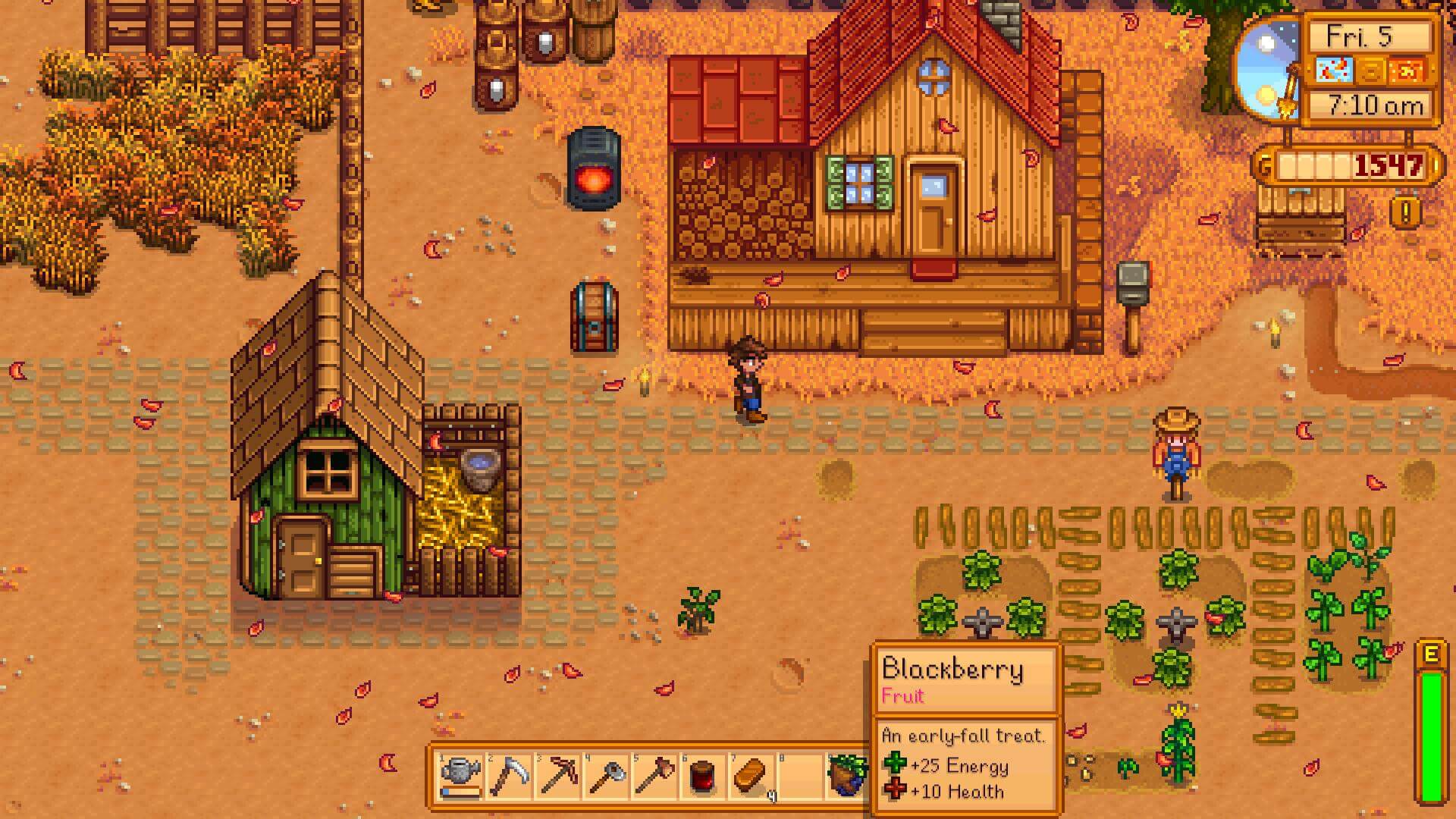Animal husbandry is a crucial aspect of agriculture that involves the breeding, care, and management of livestock. Whether you are a small-scale farmer or a large commercial operation, mastering the art of animal husbandry is essential for raising happy and productive livestock. By understanding the needs and behaviors of your animals, you can ensure their well-being and optimize their productivity.
One key aspect of mastering animal husbandry is providing a suitable living environment for your livestock. This includes ensuring they have access to clean water, nutritious feed, and adequate shelter. Livestock should have enough space to move around freely and exhibit natural behaviors. Proper ventilation and lighting in their living quarters are also important factors to consider.
Regular health checks and vaccinations are essential for maintaining the well-being of your animals. A veterinarian should be consulted regularly to monitor the health of your livestock and address any potential issues promptly. Preventative measures such as deworming and parasite control are also crucial for keeping your animals healthy and productive.

Proper nutrition is another vital component of animal husbandry. Livestock should be fed a balanced diet that meets their nutritional requirements. This may include a combination of hay, grains, and supplements based on the specific needs of each type of animal. Providing fresh, clean feed and water is essential for maintaining the health and productivity of your livestock.

In addition to physical care, it is important to consider the mental well-being of your animals. Livestock that are stressed or bored are more likely to exhibit negative behaviors and have reduced productivity. Enrichment activities such as providing toys or allowing access to pasture can help keep your animals mentally stimulated and content.
Another important aspect of mastering animal husbandry is understanding the reproductive cycle of your livestock. Breeding programs should be carefully planned to ensure healthy offspring and maintain genetic diversity within your herd or flock. Proper mating practices and monitoring for signs of pregnancy are essential for successful breeding programs.

Handling techniques are also crucial for effective animal husbandry. It is important to handle livestock calmly and gently to reduce stress and prevent injuries. Proper restraint methods should be used when necessary, and workers should be trained on proper handling techniques to ensure the safety of both the animals and the handlers.

Regular monitoring of your livestock is essential for detecting any signs of illness or distress early. Observing the behavior and physical condition of your animals can help you identify and address any potential health issues before they escalate. Quick intervention can prevent the spread of disease and minimize the impact on your overall herd or flock.
Livestock should also receive regular grooming and hoof care to maintain their health and comfort. Regular brushing, trimming, and cleaning of hooves can help prevent infections and promote overall well-being. Good hygiene practices are essential for preventing the spread of disease among your animals.
By mastering the art of animal husbandry, you can ensure the well-being and productivity of your livestock. Through proper care, nutrition, breeding, and handling practices, you can raise happy and healthy animals that will thrive on your farm. Taking the time to understand the needs of your livestock and provide them with the care they deserve is essential for a successful and sustainable agricultural operation.

